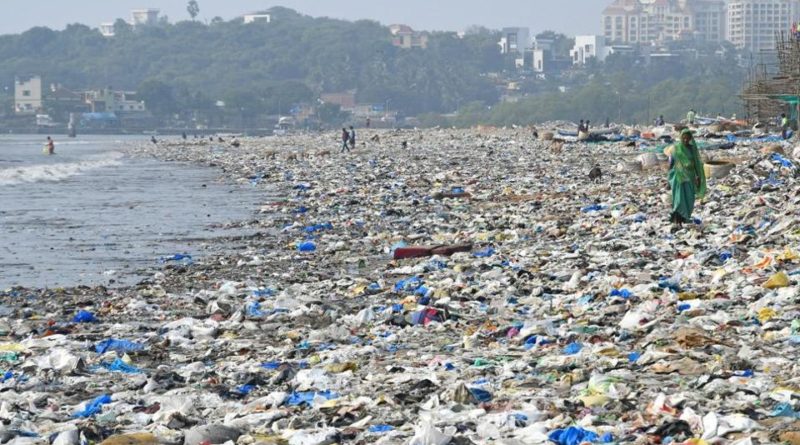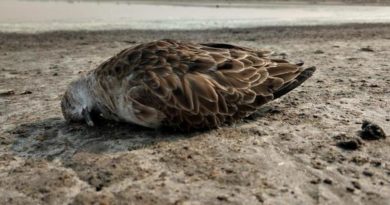Mumbai’s sea will have more plastic than fish in a few years
It floats on the water, washes up on the beaches and ends up inside the bellies of our beautiful marine life. Our oceans are filling up fast with plastic, and by 2050, Mumbai’s seas might have more of it than fish, according to a study released by Indian Institute of Technology, Bombay.
The study, titled ‘This Report is an Alarm For All Of Us’ highlights the appalling level of pollution in the Arabian Sea. Specifically, the report warns that:
- The existence of nearly 700 marine species has been threatened due to the rising plastic pollution
- Plastic pollution is also destroying the mangroves of Mumbai
- In the past 70 years, our plastic consumption has increased by 99.57%!
- Half of the 350 million metric tonnes of plastic has been produced in the last 10 years.
- More than 50% of the plastic production is of single-use plastic which consists of low-density polyethene, high-density Polyethylene, PP, Polystyrene and PET. Methane and ethylene solar radiation produces greenhouse gases, which could further harm the environment.
The report has been prepared by the professors of the Institute’s Civil Engineering Department Renjit Vishnuradhan and TI Aldo. This is not the first report that has predicted more plastic in the sea by 2050. In 2017, a report released by the Ellen MacArthur Foundation in partnership with the World Economic Forum also predicted that the oceans will have more plastic than fish by 2050.
Plastic pollution has emerged as a massive threat to the environment, with more than 6.5million tonnes of waste being dumped into the oceans every year. Additionally, India generates more plastic than it reports. According to a Central Pollution Control Board report released in 2017-18, India consumed 660,787.85 tonnes of plastic, enough to fill 66,079 trucks at 10 tonnes a truck. However, out of the 35 regional pollution boards, only 14 filed information on plastic waste generation. So, these numbers do not reflect the situation in nearly 60 percent of the states in India.
According to the World Ocean Network, in many developing countries, 90% of wastewater and 70% of industrial waste are discharged without treatment. In May, nearly 414 million plastic pieces, including one million shoes and 370,000 toothbrushes, were found on an island of the Indian Ocean. And the first casualty is marine life. In March, a 1,100-pound whale starved to death after it swallowed 40kg of plastic. And that’s only one of the many, many examples.
This was originally published by cntraveller.in




